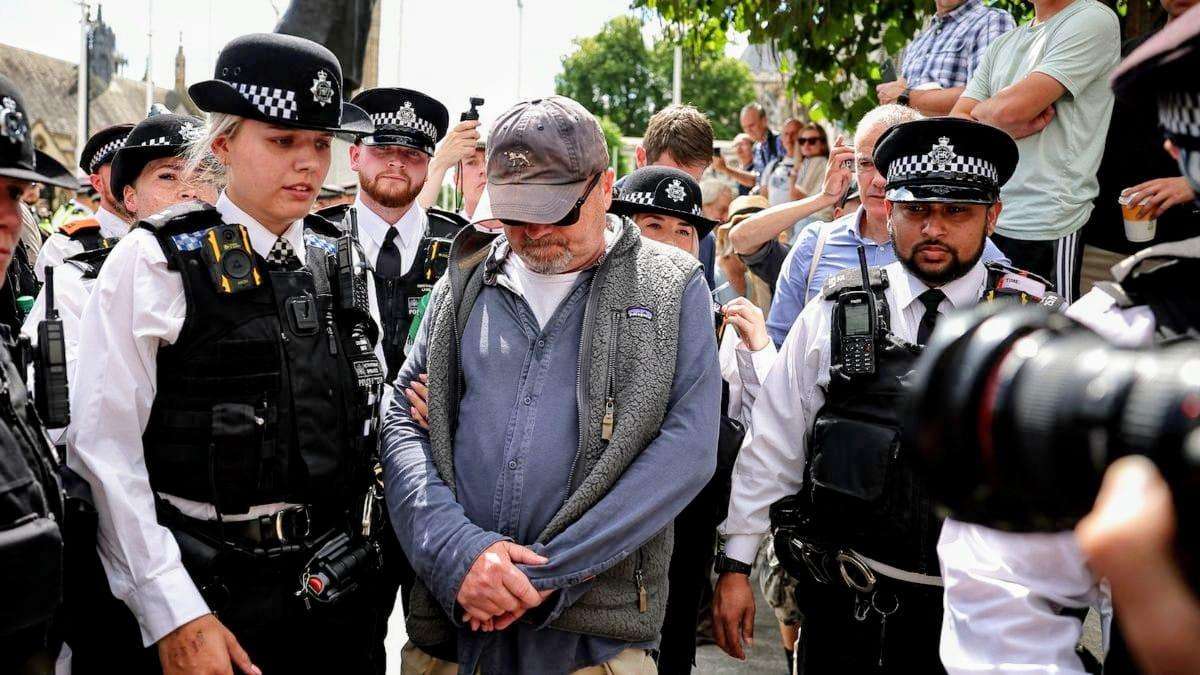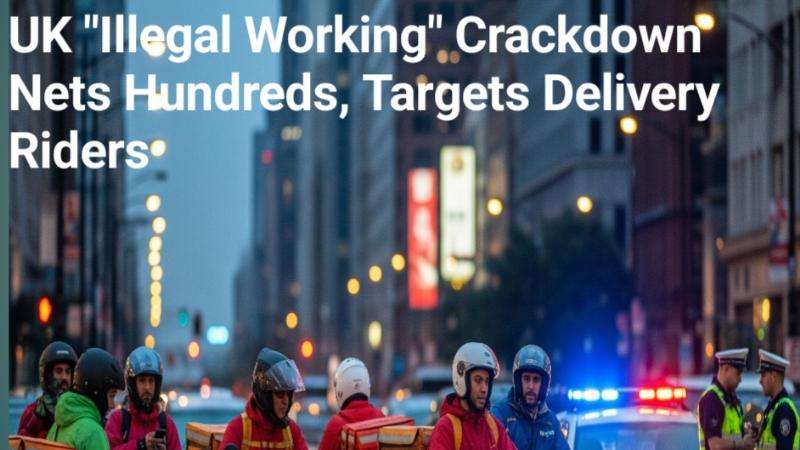A profound disconnect is widening in Britain, posing a formidable political challenge for Keir Starmer's government. The chasm lies between official, long-term data that paints a picture of a nation getting statistically safer, and a powerful public perception that the country is spiraling into lawlessness and decay. This clash, recently brought into sharp focus by a public debate between political commentator Fraser Nelson and Reform UK leader Nigel Farage, highlights a central problem for any government: how to govern based on facts when the public is convinced by feeling.
The Data vs. The Narrative: An Uncomfortable Truth
Fraser Nelson, the former editor of The Spectator, has become an unlikely defender of the current political establishment's record. His argument, rooted in statistics from the Crime Survey for England and Wales (CSEW), points to a dramatic long-term decline in crime. The CSEW, a comprehensive survey of a representative sample of the population, has consistently shown a four-fifths reduction in crime since 1995.
Nelson and his supporters argue that the CSEW is the most reliable measure of crime trends because it captures unreported incidents and is not affected by changes in police recording practices. They also point to similar improvements in areas like road safety, air pollution, and living standards, which they claim are steadily improving despite a widespread belief to the contrary.
However, this data-driven perspective has been met with fierce public skepticism and dismissal. At a recent media conference, Nigel Farage waved aside the CSEW as "discredited" because it doesn't include shoplifting, a crime that has seen a significant increase. Farage's stance is a powerful one: he taps into the "politics of perception" where personal experience and anecdotal evidence trump official statistics. The dread phrase "we all know," as highlighted by commentators, has become a potent tool to dismiss data and reinforce a collective belief that the country is on the wrong track.
The Public Speaks: Anarchy, Inaction, and Distrust
The public response to this debate reveals a deep-seated frustration that goes far beyond simple crime figures. Comments from readers reflect a profound distrust of official surveys and a conviction that the "Broken Britain" narrative is not a perception, but a reality.
The claim that Britain isn't broken is dismissed as "another lot of head-in-the-sand old nonsense." Real people, it is argued, "understand that governments have allowed a kind of low-level anarcho-tyranny to become established," where rule-followers are punished while "wrongdoers all too often escape the consequences." This view suggests that the problem isn't just crime numbers, but a fundamental breakdown of social order. Critics of the surveys contend they are not a reliable method for quoting a reduction in crime, instead calling for "properly recorded police statistics." The sentiment highlights a lack of faith in the data sources that government and media analysts rely on.
One comment suggests Britain "has been shattered to pieces" and criticizes the political class, claiming that "Labour no longer defend their Conservative values." This reflects a belief that both major parties are part of the problem and that there is a deep ideological rot at the heart of the establishment. The widespread feeling that low-level crimes like shoplifting, phone theft, and graffiti are on the rise, combined with the feeling that police are inactive ("policing tweets rather than policing the streets"), fuels a sense of insecurity that official statistics fail to capture.
Starmer's Unfulfilled "Grip"
For Keir Starmer's Labour government, this chasm between data and feeling is a ticking time bomb. The perception that "we all know" things are getting worse, amplified by figures like Farage and platforms like GB News, presents a near-impossible challenge. Starmer cannot simply fight perception with facts, as the public is primed to believe the facts are wrong.
The original analysis pointed to Starmer's limp attempts to demonstrate "grip"—holding roundtables with police and retailers, and a treaty with France on cross-Channel migrants. However, these initiatives have failed to project the necessary sense of forceful action and control. The public remains unconvinced, with recent polling continuing to show a significant portion of the electorate concerned about issues like immigration and crime. The government's current approach—balancing a cautious, data-driven narrative with meek, visible actions—has failed to close the perception gap.
What Starmer's government seems to be missing is the political equivalent of "grip" that Tony Blair understood so well. Blair's government, facing similar spikes in street crime and anti-social behavior, projected a sense of being firmly in control, using a blend of visible, forceful action and confident communication. For Starmer, the challenge is to move beyond roundtables and unimplemented plans. He needs to take decisive, visible action on the very issues that are fueling the public's sense of disorder—from tackling shoplifting and graffiti to showing demonstrable progress on border control. Until the government can not only fix problems but also convincingly demonstrate that it is in charge, the 'Broken Britain' paradox will remain its most significant and corrosive political vulnerability.







.svg)

_2.jpg)